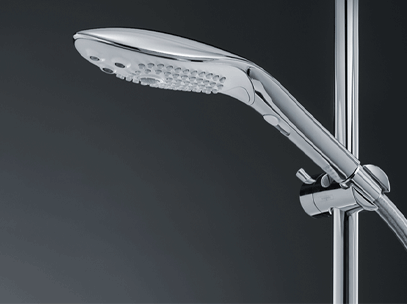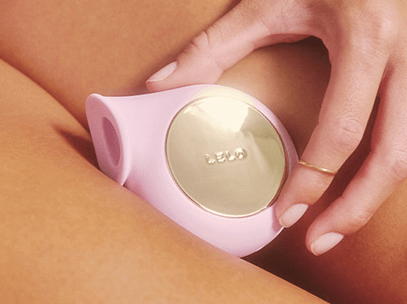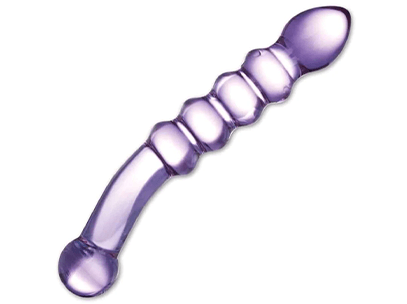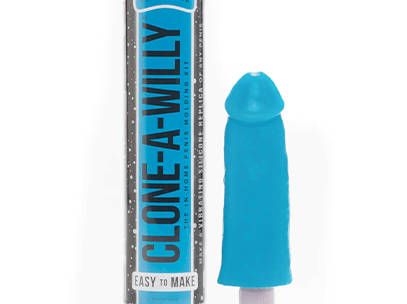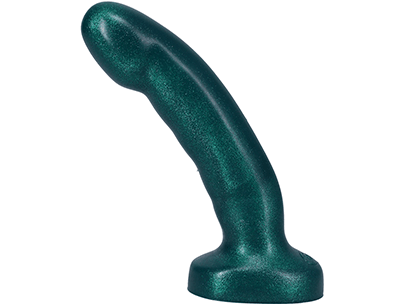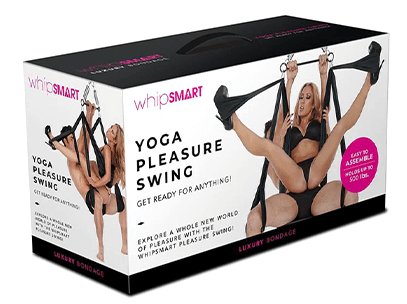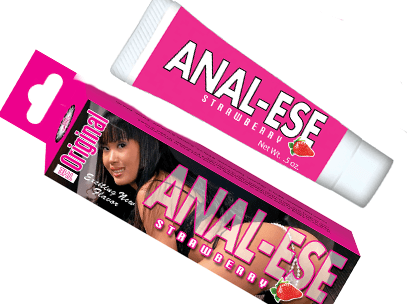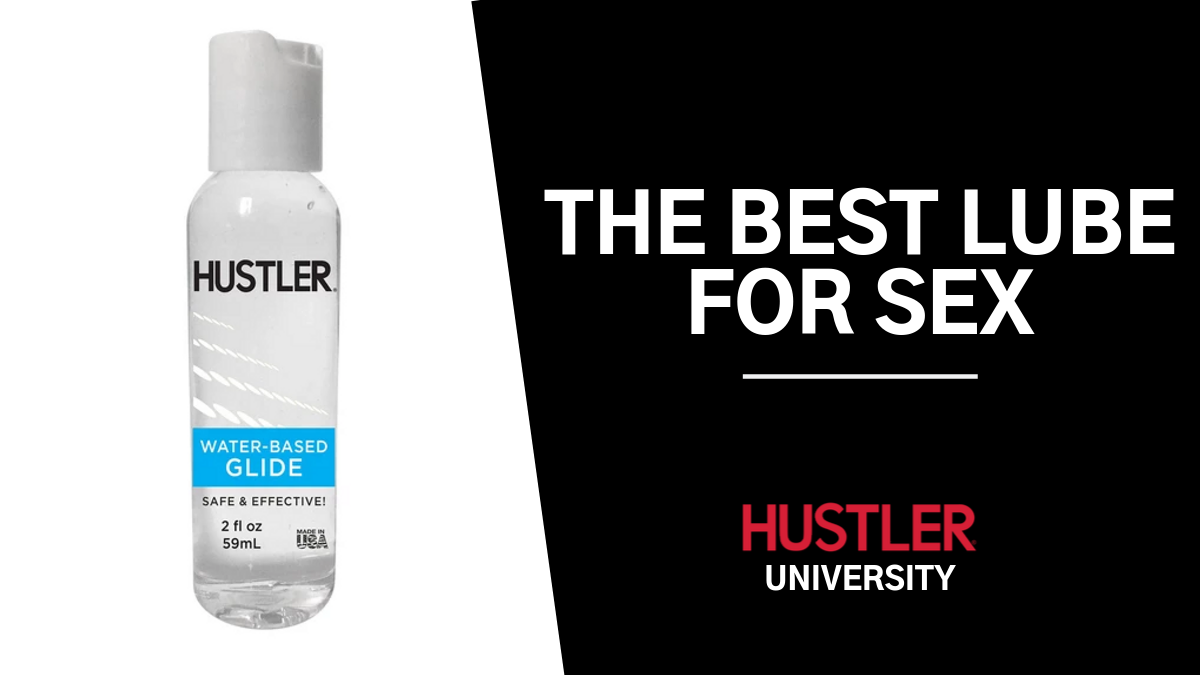Lubricant is an absolute must in almost all sexual foreplay and activity. It reduces friction, which increases pleasure, and even prevents small tears in sensitive areas. But there are thousands of different types on the market. How can you tell which lubricant is right for you, and your activity of choice?
Water-Based Lube
Often the more natural choice, water-based sex lubricants were initially created for vaginal intercourse but variations can be used for almost any activity and water-based lubricants are the only completely safe lubricant to be used with sex toys. Water-based lubricants are available in a wide array of viscosities – thicker, gel-like water-based lubricants are recommended for anal penetration and stick to toys better than more water-liked lubricants. The latter are best for vaginal penetration for individuals who don’t need a ton of additional lubrication.

Pros: Fewer chemicals, mimics body’s natural lubrication, can be reactivated by adding water, easy to clean off body and sheets.
Cons: Absorbs into the skin quickly, reapplication often necessary during activity.
Flavored Water-Based Lube
Any flavored lubricant described as “edible,” “lickable,” or “kissable,” will be water-based, as other types of lubricants are not intended for ingestion. Flavored lubricants run the gamut from chocolate, peppermint, or cocktail flavored, to classic fruity flavors like cherry and banana.
Keep in mind that flavored lubricants are meant to be used for foreplay – they are fun to lick off of less sensitive skin, but using vaginally can cause irritation and pH imbalances due to sugars or glycerins found in the ingredients. Does Lube make sex better? Absolutely!

Silicone-Based Lube
Silicone lubricants greatly reduce friction and don’t absorb into the skin, so the extra slippery stuff doesn’t often need to be re-applied during sexual activity. Hypoallergenic. Silicone lubes may break down other silicone and synthetic materials, but are safe (and often preferable) to use with glass and stainless steel sex toys.
Pros: A small amount lasts a long time, best option for shower/underwater sex, silky feel
Cons: Can damage sex toy materials and sheets/clothing.
Hybrid Lubricants
Hybrid lubricants are mainly water-based with a minute amount of silicone mixed in. These are generally safe for all activities and are compatible with all sex toys. They are not going to be as slippery as a standard silicone and may require some reapplication, but they’re a great compromise.
Oil-Based Sex Lube
Everyone knows that coconut oil has been all the rage lately. And many couples have found it to be a fantastic lubricant – however keep in mind that some individuals may be highly sensitive or allergic to natural oils (one couple found this out the hard way.) Additionally, oil-based lubricants can break down condoms, and synthetic oil products can harbor bacteria and get sticky.
Pros: Great for male masturbation and massage.
Cons: Breaks down condoms, can stain sheets and clothing, can foster bacterial/microbial infections.
Anal Sex Lube
The anus doesn’t lubricate like the vagina; so those engaging in anal play should never, ever, skip the lubricant. Can you have anal sex without lube? The short answer is no.
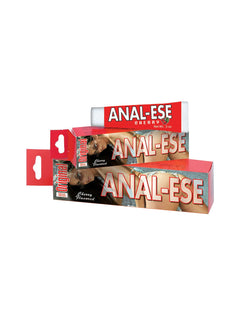
A great anal lube will prevent tears and fissures in and around the anus, and increase pleasure for those engaging at both ends. What is the best lube for anal sex? Silicone is the better option as it doesn’t need much re-application, but there are water-based anal lubricants available, oftentimes a thicker, gel-like formula, some with natural “relaxing” ingredients.
Where you can buy sex lube? Shop all of our personal lubricants.

